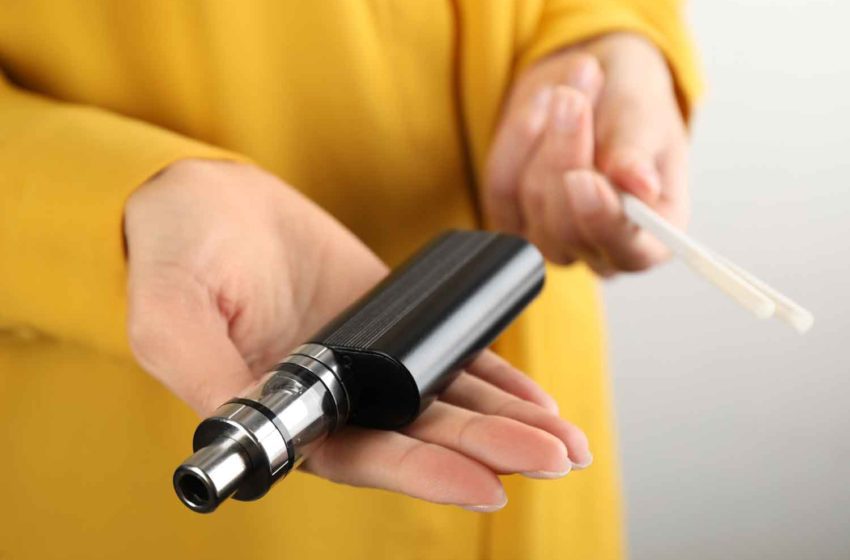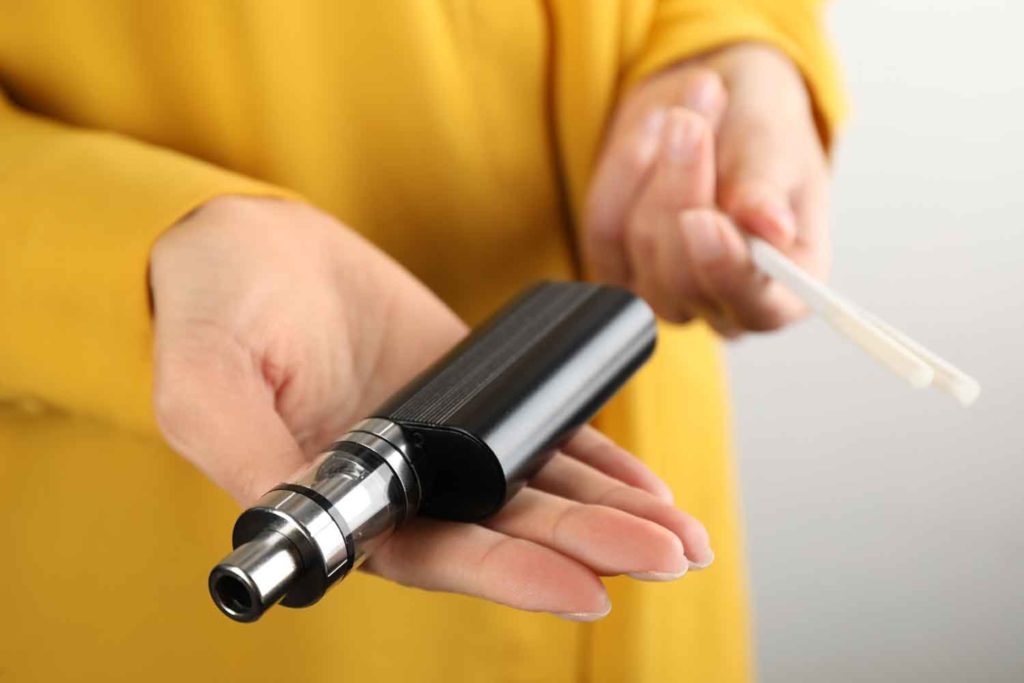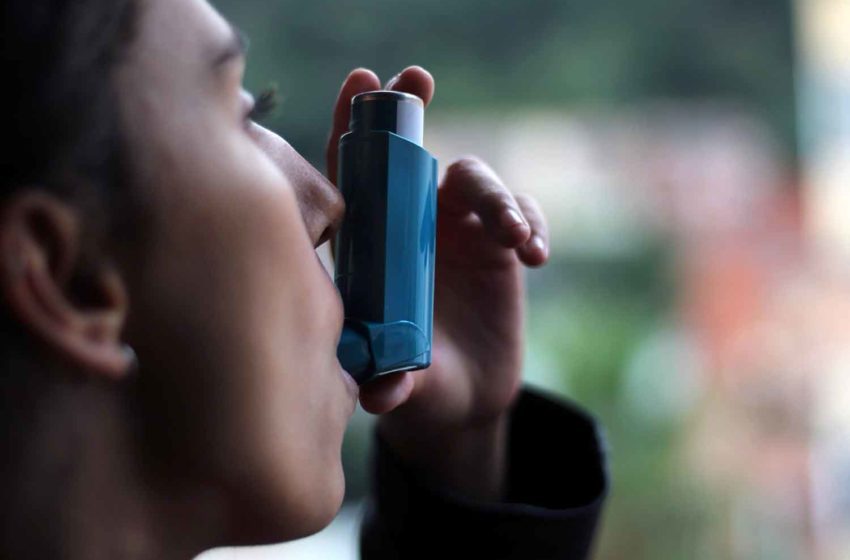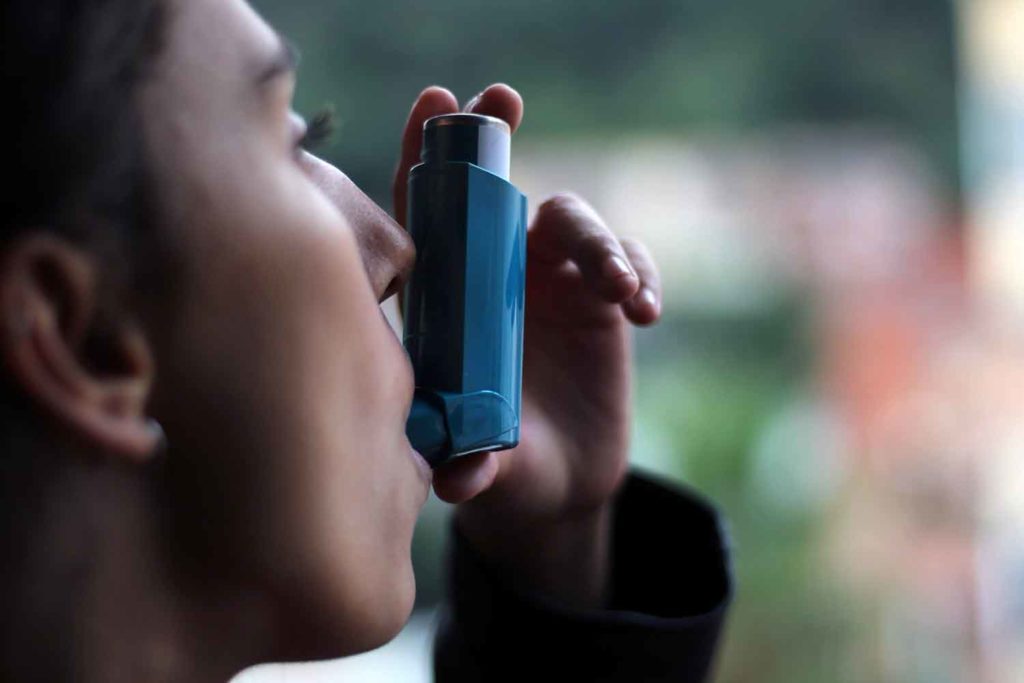Seventy percent of respondents to an international survey conducted earlier this year said they are either “bothered” or “really bothered” when tobacco companies make money from an inhaler, medication or other devices that treat their lung conditions.
The findings are available in a newly published communications brief, “Tobacco industry ownership of pharmaceutical companies: an international survey of people with respiratory disease,” in Thorax, the official journal of the British Thoracic Society.
A total of 1,196 people who reported inhaler use completed the survey in early 2022.
After Philip Morris International acquired pharmaceutical company Vectura in 2021, patient advocacy groups wanted to understand patients’ attitudes toward tobacco organizations’ stake in the companies that make their respiratory inhaler devices. Vectura develops several widely used medical delivery devices and/or formulations for inhaled therapies used in people with chronic lung diseases, including chronic obstructive pulmonary disease (COPD) and asthma.
The COPD Foundation partnered with Global Allergy and Airways Patient Platform and Lung Foundation Australia to conduct the survey among people with chronic lung diseases in English, Spanish and German between January and March of 2022.
In addition to expressing concern about tobacco ownership of lung treatments, a significant share (48 percent) of patients surveyed also said they would strongly consider switching inhalers if they knew that a tobacco company made or sold their brand of an inhaler.
“This was an unexpected finding, as many patients in my own practice indicated a preference to stick to medications that work for them,” said Byron Thomashow, chief medical officer at the COPD Foundation, and co-author of the Thorax brief in a statement. “However, socioeconomic, and systemic factors such as insurance coverage, health care system limitations, and convenience strongly influence the patient’s ability to make treatment choices.”





















